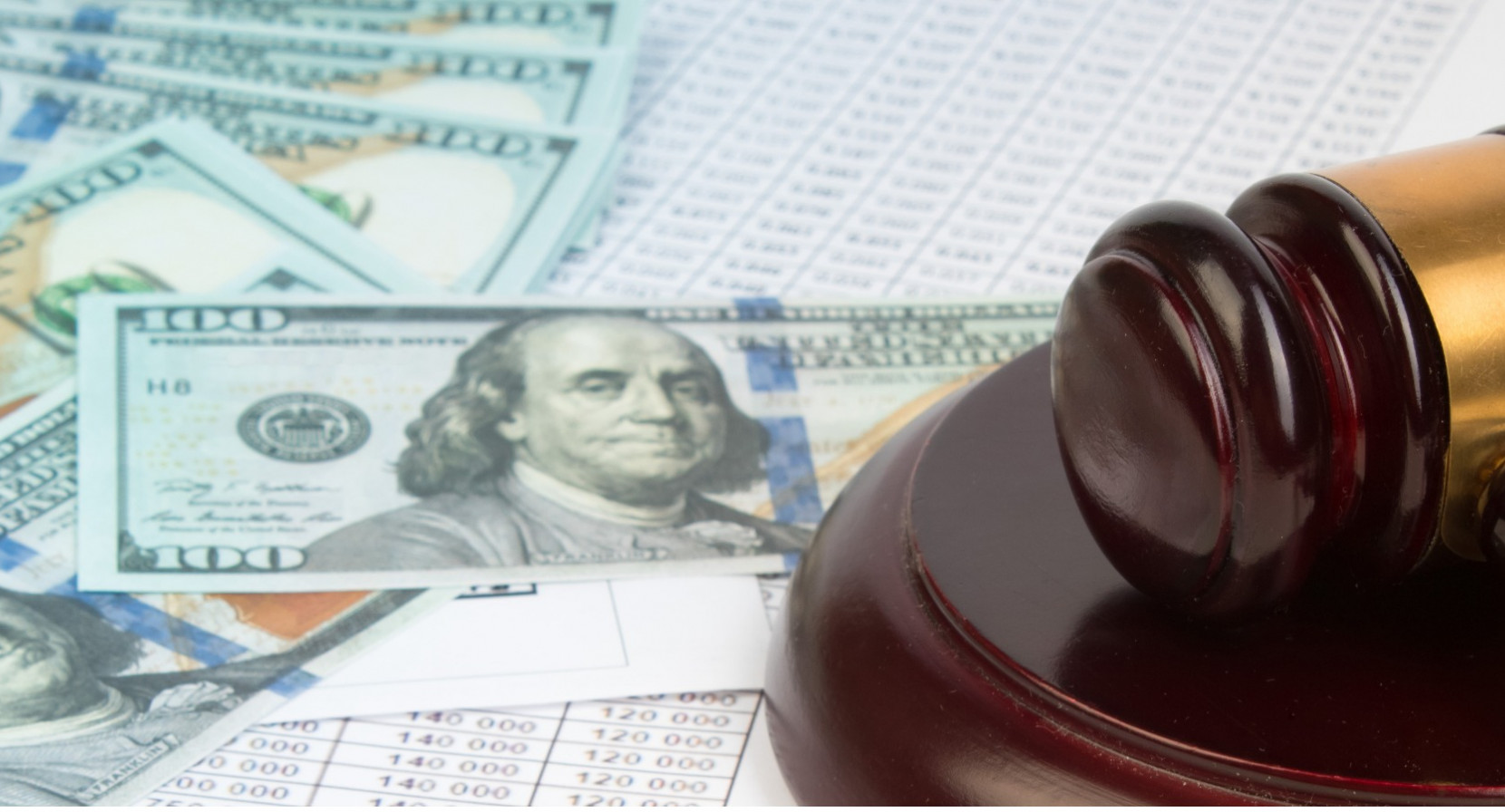Bernard Madoff died last week at age 82. He spent the final 11 years of his life in prison for orchestrating one of the largest investment frauds of all time.
The Associated Press offered a quick recap of the Madoff saga:
For decades, Madoff enjoyed an image as a self-made financial guru whose Midas touch defied market fluctuations. A former chairman of the Nasdaq stock market, he attracted a devoted legion of investment clients — from Florida retirees to celebrities such as film director Steven Spielberg, actor Kevin Bacon and Hall of Fame pitcher Sandy Koufax.
But his investment advisory business was exposed in 2008 as a Ponzi scheme that wiped out people’s fortunes and ruined charities.... Over the years, court-appointed trustees laboring to unwind the scheme have recovered more than $14 billion of an estimated $17.5 billion investors put into Madoff’s business. At the time of Madoff’s arrest, fake account statements were telling clients they had holdings worth $60 billion.
In a Ponzi scheme, a scammer pays "gains" to early investors with dollars that are coming in from newer investors. In other words, no money is truly being invested and growing. It is simply changing hands.
Such a scheme can’t continue when money from new investors dries up, as it did when the financial crisis began unfolding in 2008. Then, Bernie Madoff’s house of cards came crashing down.
Promising outsized returns
In his forthcoming e-book Faith-Based Fraud (due out next month), Warren Cole Smith has a chapter on Madoff (Madoff used faith-based connections in the Jewish community to help advance his scheme):
As Madoff’s brokerage business grew, his clients made money and needed someone to manage it for them. Madoff quickly moved into that arena. Like [scammer Charles] Ponzi...before him, Madoff promised outsized returns — in excess of 12 percent — year after year.... Madoff claimed a "black box" methodology he wouldn’t reveal, saying that to reveal the methodology would destroy his competitive advantage.
As the cash rolled in, Madoff began to take on the trappings of success and respectability. By 2009 Madoff had an ocean-front residence in Montauk on Long Island, as well as a home on the Upper East Side of Manhattan valued in a 2009 filing at $7 million. He had a home in France and a mansion in Florida, where he also kept a 55-foot fishing yacht....
Madoff could buy cars and boats and real estate. Buying respectability is a bit more complicated. Philanthropy is one way to do that. Political contributions were another. Madoff began to make contributions to the Democratic Party. He was not a mega-giver, but he was a steady giver, and he seemed to calculate his giving so that he gave just enough money to give him access to the politicians — and the big donor events and parties that would allow him "face time" with current and prospective clients.
Smith notes that when the Madoff fraud came to light, it "sent waves through the already jittery financial markets in 2008." Citing 2017 research from Cornell University, he writes that "the Madoff scandal made material contributions to the great recession of 2008-2009. Not only did $65 billion in wealth vaporize from the personal net worth of thousands of investors, but the erosion of confidence caused by the Madoff scandal hit both Wall Street and Main Street hard."
Choosing dishonesty
New York Times columnist Helaine Olen argues that the Madoff scandal was a key driver in pushing millions of people toward the exclusive use of passively managed index funds.
One could think of Madoff as an evil twin of John Bogle, the Vanguard Group founder. Both men sensed that typical investors weren’t looking to score the Next Big Thing (today’s Amazon or Apple), but that they didn’t want their investments to keep them awake at night, fearful they would or could lose it all. Bogle met demand the honest way, founding Vanguard in 1974 and demonstrating that there was a way to keep up with the Dow Joneses — win, lose or draw — by putting money in an index fund that would passively imitate a stock market measurement. Madoff, by contrast, chose fraud.
I’ve long been convinced that there is a link between the end of Madoff’s scheme and the overwhelming popularity of index-fund investing in the aftermath of the financial crisis.
Maybe that’s so, even if unjustified. The common point, made in both Faith-Based Fraud and The New York Times, is that Bernie Madoff’s money-related sins had a broad impact (as sin often does). His actions also wreaked havoc in his family, apparently prompting one of his sons to commit suicide.
Two takeaways
In thinking about the Madoff scandal, two things came to mind. First, I was reminded of a verse I memorized years ago in a financial-oriented Bible study: "You shall not steal nor deal falsely, nor lie to one another" (Leviticus 19:11 TLB). Maybe you and I aren’t tempted to bilk people out of millions, but there are "lesser" financial sins lurking at the door. God calls us to act with complete honesty and integrity in our financial dealings.
Secondly, if faced with "an incredible investment opportunity," don’t be gullible! Remember the old saying: If something sounds too good to be true, it probably is.









